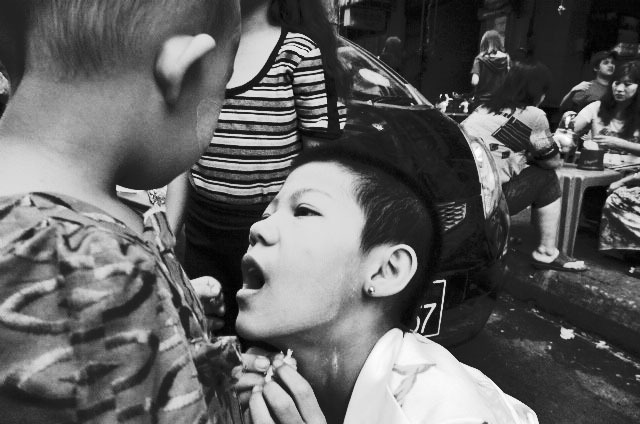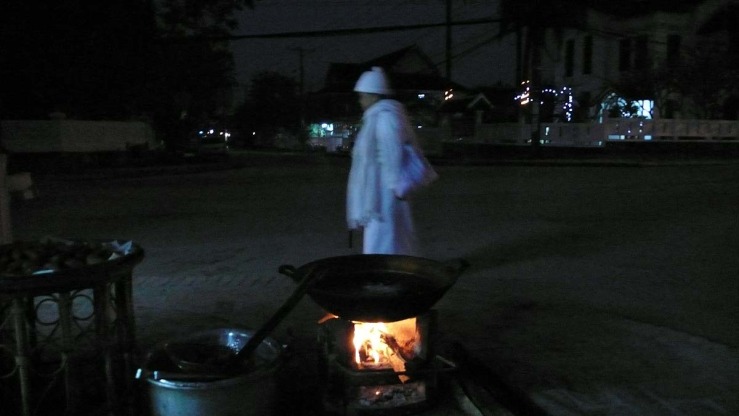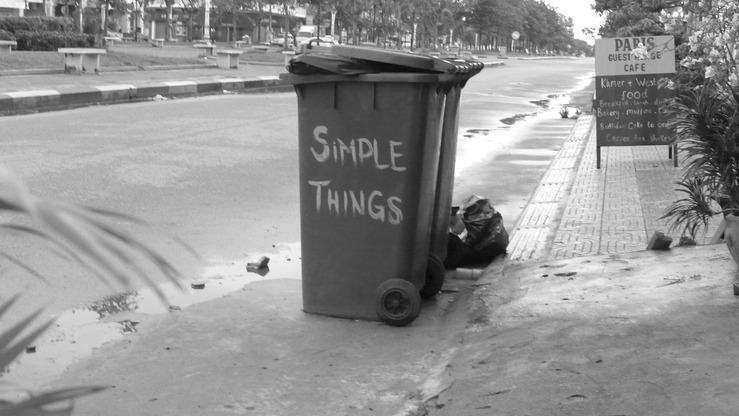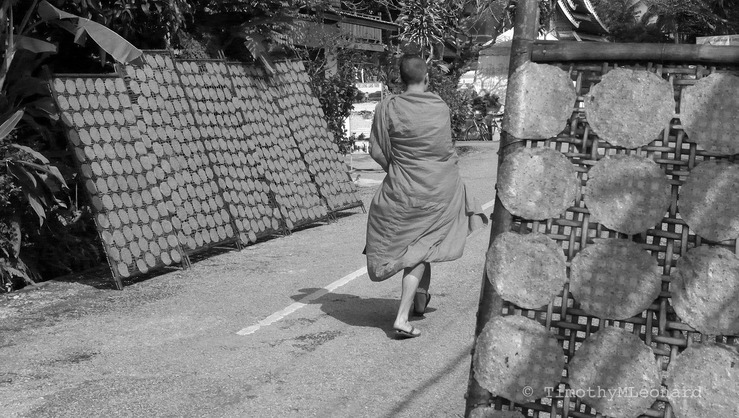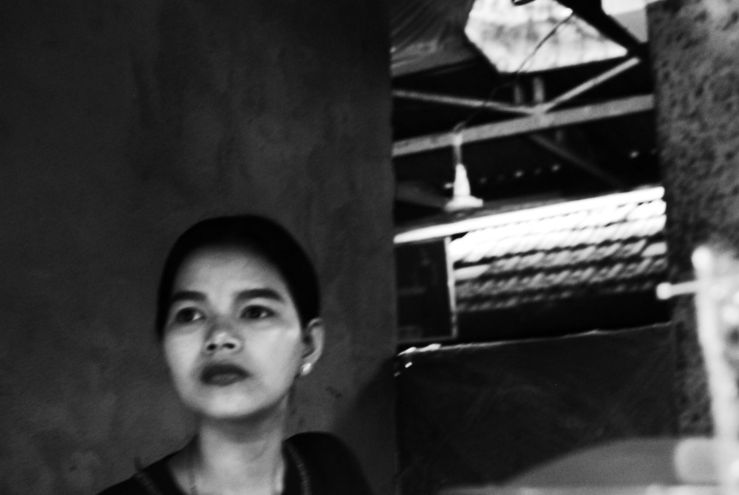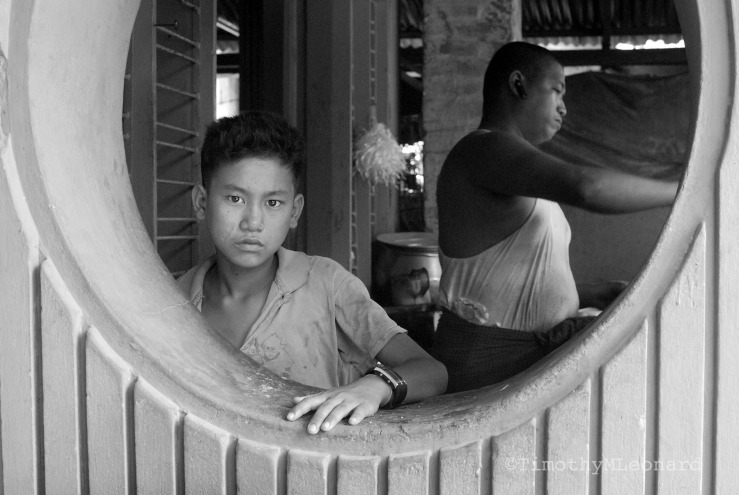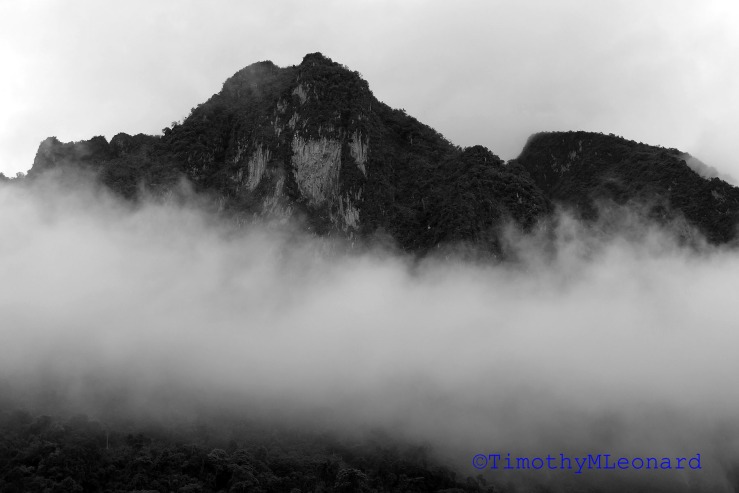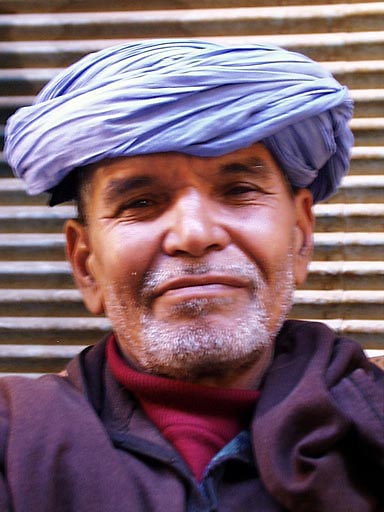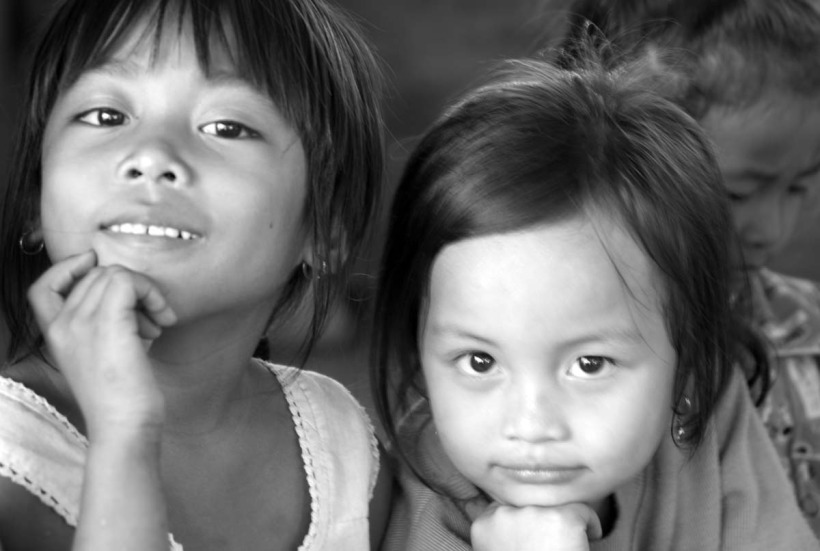Tiznit
At dawn a sardine man yelling, “hout, hout,” pushed his bike with reed baskets holding dead fish along a dusty path. Cheap eats. Fried bones. His plaintive voice echoed between cinder block apartments. His song enticed Bedouin women sweeping and mopping red historical dust to buy protein.
Blood is no argument.
A solitary light bulb behind double metal doors at #187 dangled from the ceiling. The place was an aesthetic disaster. Chunks of cinder blocks hung from rebar.
A framed Qur’an quote and a dead clock decorated a wall. A green and brown speckled gecko crawled through the pantry looking for a high carb insect diet.
I loved these sweet imperfect places. Travel and adventure offered majestic habitats.
I bought sardines wrapped in greasy paper and got on a long distance bus for Tiznit seeking old Touareg silver and the wild sea at Sidi Ifni.
We traversed towns where armies of unemployed men slept in dark corners, on sidewalks or below green shuttered windows sheltered from a brutal sun by truck carcasses.
The bus accelerated though sand washed canyons passing isolated stone homes. Women on donkeys hauled water in jugs. The terrain reminded me of Southwestern mesas in Amnesia with red sandstone, bluffs, valleys, and gorgeous gorges by George.
Camel herds wandered in scrub as goats foraged high in Argan trees eating leaves. Argania spinosa was unique to this region of Morocco. Argan berry stones make traditional oil. It’s a labor-intensive extraction process. It requires sixty-six pounds of berries and eight hours of manual labor to produce 2.2 pints. Women do all the work.
They collect the fruit during the summer, dry it in the sun and store it. The flesh of the fruit is removed, used as animal feed and the stones are cracked open revealing an almond-like nut. This is roasted and ground by hand. The residue is a high-quality animal feed. The decanted oil is used for cooking and as a medicine for stomach and heart illness, poor blood circulation and fertility problems. It’s consumed in the West as expensive cosmetics.
In the middle of nowhere a skinny naked black man under a tangled mop of hair dragging a shawl in blazing sun walked along the road at a steady pace.
His eyes were on fire. Baraka.
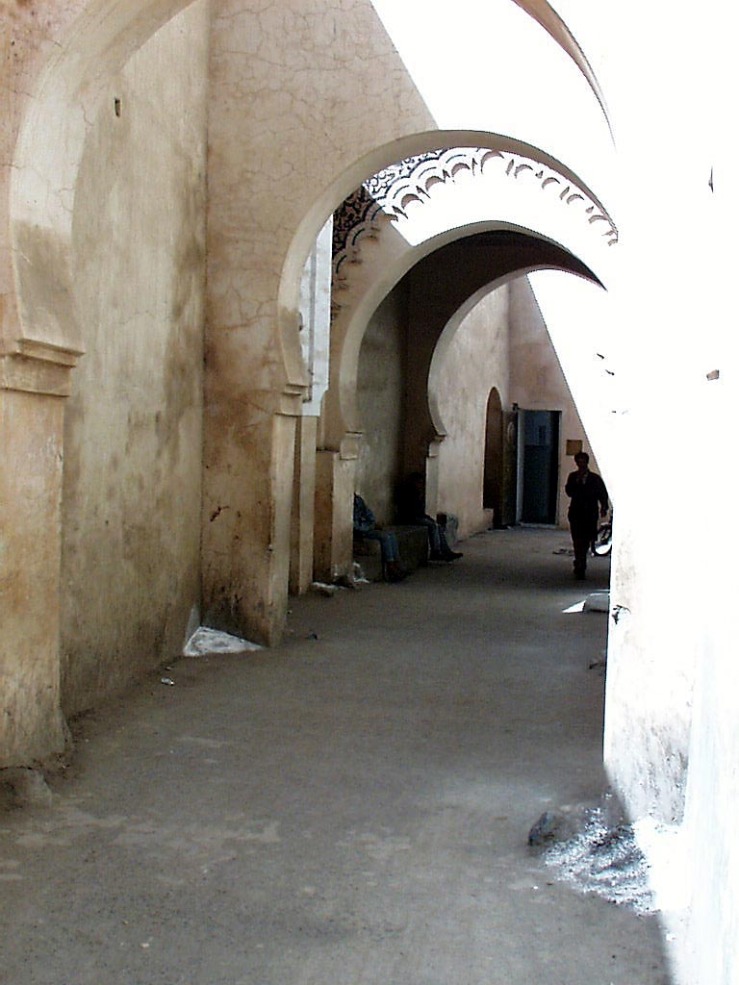
In the Tiznit old market square Berbers in blue flowing robes meandered through a dream.
A hustler on his motorcycle materialized out of thin air.
“Where are you going? Come have a look at my shop. Only five minutes from here. Great prices. You don’t have to buy.”
“Why should I?”
“Great morning prices.”
Five hundred years ago he would have been on a camel wearing a burnoose tending his flock in the Sahara. He’d be planning Spanish invasions, married to a beautiful girl with dark seductive eyes, produced many kids and conquered Iberia in his spare time. Now he was on an imported European 50cc bike wearing castoff designer jeans with slicked black hair and grinning with all his teeth, a distinctive character trait.
I dreamed with my eyes open.
I am a hunter-gatherer of words and images. Hunting with a singular flair, a cunning intelligence - metis - a hybrid form.
Trap and shoot. ‘Snapshot’ was a British hunting word from the late 1800’s.
I make them. I didn’t take them being the qualitative difference. The best pictures are the ones in your heart-mind.
I loved gathering raw material in Morocco and then Spain incorporating Omar's evidence and story-truth.
I practiced meditative patience, before the fact, the decisive moment, anticipating the vision manifesting itself. Before, during and after the emotional rush with detachment and reptilian behavior. Premonition is a beautiful thing.
Photography was a beautiful fascinating magical alchemy since Nam traversing the planet becoming intuition, trusting instincts. Be the moment.
It was the essence of being and nothingness. A singularity of being, stalking and allowing life’s movie to roll as scenic action led to climatic instants. I isolated elements clean and simple.
I tweaked reality.
I stopped time.
The emotion preceding the action was my intention.
It was the KISS philosophy of straight shooting.
A shooting star flashed across the sky shedding tears of light.
I settled into the rhythm of a place. Ephemeral realities evolved through time and space. Space folded.
I sat down, did my work, packed up essentials and hit the road. I found my comfort zone inside a visual zonal theory. Spectrums decrypted language, attitudes, perceptions and theoretical interpretations.
As a mystic and guardian of the visible world, light was my prayer wheel.
A decisive moment divided time in two. It was a pure thought with pure action. Wu-Wei. A way of life passed through a gate-less gate.
“Infinite diversity through infinite combinations,” said a laughing Zen monk walking on the curvature of the earth. It was a walking meditation or kin-kin in Japanese.
It was all the same - comforting addicts in a group, with Tran in Da Nang, offering Cambodian amputee rice and chicken or buying grapes from a malnourished boy offering sweet green life. Everyone needs love and compassion.
Millions graduated from the University of the Street with a degree in Hustling 101. It was all about survival. How the world works.
Meditating on the process of my death shaped my intention. Karma.
“The nature of my mind is the empty sky,” I said to the hustler.
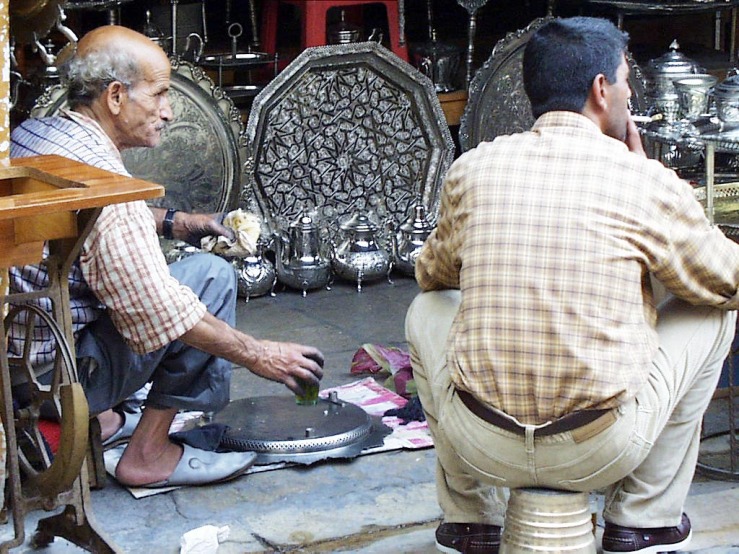
Sky mind, cloud thoughts.
“Get on,” said the biker.
I shouldered curiosity and got on. We roared out of the market, down narrow twisting passages zooming along high gingerbread adobe walls slashed by blue sky, in and out of blinding sun, blasted into cool shadows and arrived at an empty shop. Full stop.
A young boy in the silver shop took over the sales pitch plying me with sweet tea and sugar words.
He tried sympathy and pity. He cajoled, he sighed wearing his saddest face. He tried to convince me to buy something. “Morning sale means good luck.”
“Every morning you wake up is good luck. A gift.”
The boy used well-established emotional appeals playing me for a sucker. His assumed every tourist was rich and relatively speaking this was true. He gave me a wooden bowl.
“This is the traditional way. Put your choices in the bowl. We can discuss the price later.”
I accepted the wooden bowl. I looked at inlaid boxes, daggers with fake stones, silver rings, bracelets, bangles, beads, earrings and silver necklaces in provocative gleaming displays.
In another incarnation I carried my begging bowl through dirt streets on Earth. It felt cool and smooth in my hands. Fingers caressed a worn oval surface. The begging bowl had a consciousness.
Recalibrating my existence I thumbed open a ragged existential dictionary. It was filled with stories, legends, myths, symbols, images, ideographs, pictographs, sliding scales, musical interludes, sonatas, and vibratos.
It contained journey notes, broken hearts, haiku, khata scarves, pure mirror paper, type-A negative blood donor manifests, rose thorns, rainbow threads, the game of life and empty wooden bowls.
The Tiznit boy wanted me to fill it up. He wanted me to be greedy. He wanted to hear the sound of silver strike wood. He had great expectations based on my desire. I wanted to hit the bricks. I found one interesting bracelet and it clattered, spinning silver.
I became a Touareg Berber. “I’ll give you 100.”
“Mister, please, the price is 350,” said the boy fresh out of tears being too tired to cry and the man in front of him being Berber and patient with Sahara nature existing inside silence did not buy self-pity and stayed with his final price.
I was a hustling poetic mercenary 24/7 and it wasn’t my fate or karma to rescue sellers trapped in their expectations.
“Take it or leave it,” I said in Tamasheq, a Touareg language. The boy was shocked hearing his cultural identity.
Culture eats strategy.
We were on common territory. Negotiation is hard work. Extra talk. It didn’t require extraordinary skills, only patience the great teacher, with determination and instinct. Always be closing. ABC.
I received one piece of silver and dissolved into a broiling sun, experiencing a metamorphosis as ego dissolved.
The bowl reflected emptiness.
Adventure, Risk, Transformation
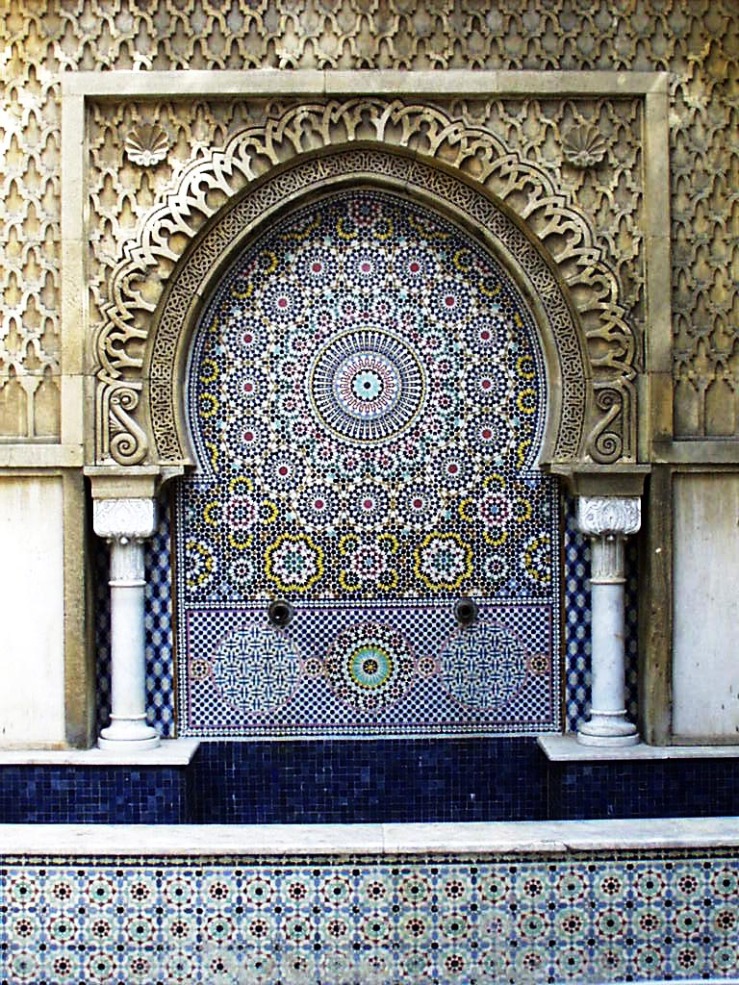

 Share Article
Share Article 